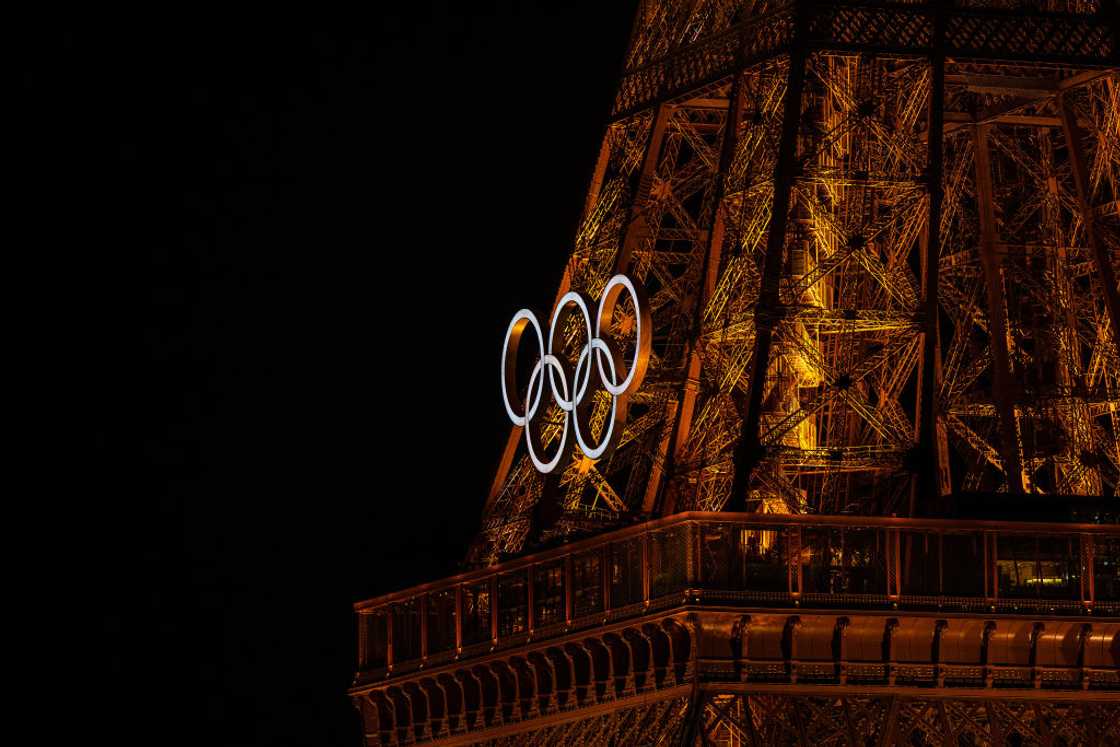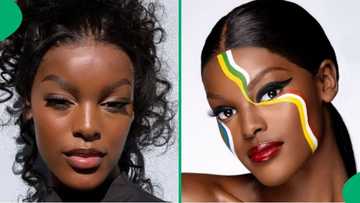Paris 2024: Why French Athletes Have Been Banned From Wearing Hijabs at Olympics
- French athletes representing the country at the Paris Olympics will be banned from wearing hijabs during the games
- The Minister for Sports and Head of the Olympic and Paralympic Games, Amelie Oudea-Castera, gave the decree last September
- The decision has been frowned upon by human rights groups, with the IOC providing clarification about athletes from other countries
The 2024 Olympics in Paris, France, now officially less than 72 hours away from starting, has faced its fair share of challenges. Over 10,000 athletes are expected in the fourth-largest city of the European Union ahead of the opening ceremony on July 26 at River Seine.

Source: Getty Images
The organizers have had to grapple with a myriad of issues. From bedbug invasion to the homelessness crisis, the authorities have been forced to work hard to ensure the city is ready to host the biggest sporting bonanza.

Read also
Miss SA 2024 finalist Chidimma Adetshina's participation sparks debate, Mzansi quizzes identity
Why French athletes are banned from wearing hijabs at Paris 2024
But even after all this, the host nation remains in the news for negative reasons after they banned their hijab-wearing athletes from donning the religious symbol during the Olympics.
PAY ATTENTION: Briefly News is now on YouTube! Check out our interviews on Briefly TV Life now!
As reported by Reuters, French Sports Minister Amelie Oudea-Castera made the declaration last year, saying that the move was aimed at respecting the principles of secularism and ensuring absolute neutrality in public services.
The French law that the country's civil servants are supposed to adhere to states that:
"The principles of secularism (laïcité) and neutrality means prohibition from wearing outwardly religious symbols, including the hijab, veil and headscarf when they are acting in their official capacity and on official occasions as members of the French national team," as quoted by the Time.
The move attracted widespread condemnation from human rights groups, with UN spokesperson Marta Hurtado stating:
"No one should tell a woman what she is supposed to wear and what she is supposed not to wear."
Reactions to the banning of Hijabs:
Here are some of the responses by netizens:
@zee_yusoff is not happy:
"So, this means they would ban crucifixes?"
@TheSharkPunch has a question:
"Do people have the right to wear a symbol of their own oppression? That's the question at the root of all this."
@Naelda offers a solution:
"The athletes should not compete for France. Easy."
Will other athletes be allowed to wear the hijab?
The International Olympic Committee (IOC) has clarified that the rule will only affect French athletes. Athletes from other countries can wear a veil in the Olympic Village.
South Africa clinches Paris 2024 spot with World Rugby sevens victory
In other news, Briefly News recently reported that South Africa secured their spot in the Paris 2024 Olympics with a 14-5 win over Great Britain in the World Rugby Sevens Repechage.
The Blitzboks are the final team to qualify for the tournament, marking its return to the Olympic program. Fans and supporters of the green and gold took to social media to celebrate and congratulate.
PAY ATTENTION: Сheck out news that is picked exactly for YOU - click on “Recommended for you” and enjoy!
Source: Legit.ng



